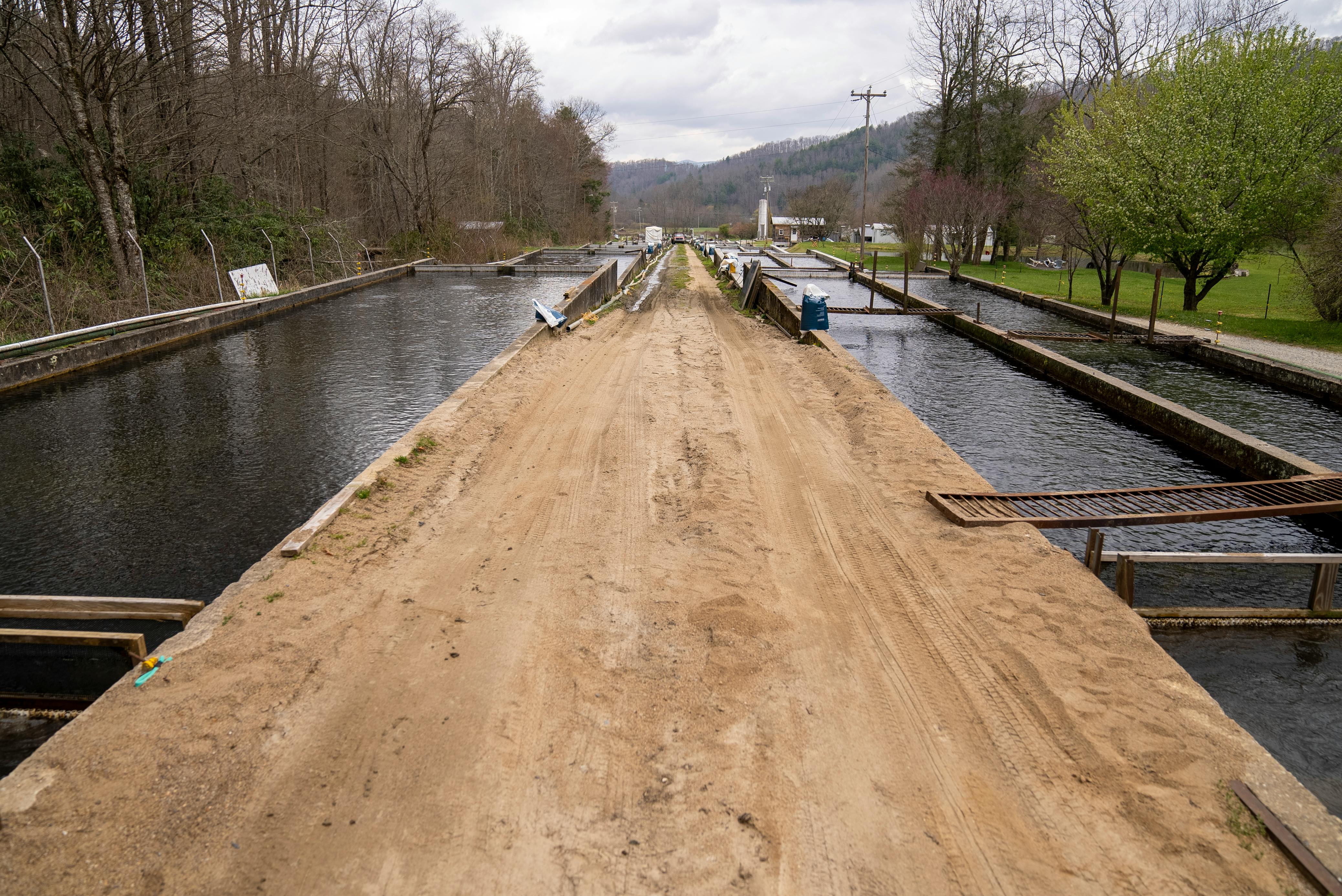When it comes to drinking water, there is often confusion about the differences between filtered and distilled water. Filtered water is water that has been processed through a filter to remove impurities, while distilled water is water that has been boiled to remove any contaminants. Both types of water are beneficial in their own ways and can offer different levels of purity depending on the specific type of filtration or distillation process used. In this article, we will explore the differences between filtered and distilled water so you can make an informed decision about which type of water is best for you.Filtered water is water that has been passed through a filtration system to remove impurities and contaminants. It is a type of purified water often used in households, businesses, and industries for drinking, cooking, and other uses. The filtration process typically involves passing the water through a filter medium such as activated carbon or sand to remove suspended particles, chemicals, bacteria, and other materials that can make the water unsafe or unpleasant to drink. Filtered water can also be treated with an ultraviolet light or reverse osmosis process to further purify it.
How Is Filtered Water Made?
Filtered water is made by passing water through a physical barrier, such as a membrane or activated carbon. This process removes contaminants from the water, making it safer to drink. Depending on the type of filter used, filtered water can also be free of tastes and odors that are caused by chlorine and other chemicals. The most common types of filtration systems are sediment filters, reverse osmosis systems, distillation units, and activated carbon filters.
Sediment filters are designed to remove solids from the water. These filters usually contain a mesh or cloth that traps particles like dirt, rust, and sand before the water passes through. Reverse osmosis systems use a semi-permeable membrane to remove dissolved solids like salts and heavy metals from the water. Distillation units boil the water to produce steam which is then cooled and condensed back into liquid form, leaving behind any contaminants or impurities that were in the original source of water. Activated carbon filters are made up of charcoal or other materials that adsorb chemicals present in the water such as chlorine and organic compounds like pesticides.
<br
What Is Distilled Water?
Distilled water is water that has been boiled and then condensed into a liquid form. The boiling process removes impurities, minerals and other contaminants from the water, leaving it pure and suitable for drinking. In some cases, distilled water may also be used as an ingredient in food products, medicines or other industrial applications. Distilled water is also used in steam irons to prevent them from becoming clogged with mineral deposits. It is also used in humidifiers to prevent bacteria and other contaminants from growing in the humidifier’s tank.
Distilled water is made by boiling regular tap or spring water until it turns to steam. This steam is then condensed into liquid form, which is then passed through a filter or activated carbon filter to remove any remaining impurities. The resulting liquid is distilled water, which can be used for drinking or for industrial purposes. It can also be stored in containers for later use.
Although distilled water does not contain any minerals or impurities, it does not provide any nutritional benefits either. Therefore, it should not be relied on as a primary source of hydration as it lacks essential minerals and
How is Distilled Water Made?
Distilled water is created by a process known as distillation. In this process, water is boiled and the steam that results is captured and cooled, leaving behind most dissolved solids. This steam is then condensed into liquid form, creating distilled water. Depending on the source of the original water, additional filtering and purification processes may also be used to remove any remaining contaminants. Distillation removes both beneficial minerals and harmful contaminants from the water, making it different from other forms of purified water such as reverse osmosis or deionization.
The distillation process begins with heating the source water in a still or boiler to temperatures between 100-110 degrees Celsius (212-230 degrees Fahrenheit). As the water boils, steam rises out of the still and is directed through a cooling or condensing coil. As it passes through the coil, the steam condenses back into liquid form as distilled water droplets. The resulting distilled liquid is then collected in a separate container for use.
As mentioned earlier, additional purification steps may be used depending on the source of the original water. Some sources may require fil
Chemical Composition of Filtered and Distilled Water
The chemical composition of filtered and distilled water can vary depending on the source of the water. Generally, filtered water is composed of dissolved minerals, such as calcium, magnesium, potassium and sodium. Distilled water has had most of these minerals removed through a process known as distillation. This process involves boiling the water, condensing the steam and then collecting the resulting liquid. Due to this process, distilled water does not contain any dissolved minerals or other impurities that are found in most unfiltered sources of water.
The difference between filtered and distilled water is mainly in its chemical composition. Filtered water typically contains trace amounts of minerals that are beneficial to human health, such as calcium and magnesium. These minerals give filtered water a slightly salty taste that some people find appealing. Distilled water, on the other hand, does not contain any beneficial minerals and thus has a flat taste that many people find unappealing.
It is important to note that while filtered and distilled waters may have different chemical compositions, they both offer safe drinking options for those who want to avoid

The Benefits of Filtered and Distilled Water
Filtered and distilled water offer a variety of benefits over tap or spring water. The process of filtration removes impurities such as dirt, bacteria, and other particles from the water. Distillation goes one step further by removing additional minerals and chemicals from the water. Both processes can help improve the taste of your drinking water, while reducing potential health risks related to contaminants found in untreated water.
Filtration can be used to remove chlorine, lead, and other heavy metals from drinking water. This is especially important for those who live in older areas where lead pipes may still be present in the plumbing system. Filtration also helps to reduce the taste and odor of chlorine often found in tap water.
Distillation is a process that uses heat to evaporate water molecules, leaving behind any impurities or contaminants that may be present in the source material. As the steam rises, it passes through a cooling chamber where it condenses back into liquid form. This condensed liquid is considered distilled water because it has been stripped of many minerals and other impurities.
The use
Taste Comparison Between Filtered and Distilled Water
Many people are unaware of the difference between filtered and distilled water, and the taste of each. Filtered water is water that has been passed through a filter to remove impurities such as chlorine, sediment, and other contaminants. Distilled water is water that has been heated until it evaporates, leaving behind any impurities that were in the original liquid. The vapor is then condensed back into liquid form, leaving behind pure water.
When it comes to taste comparison between filtered and distilled water, many people will say that distilled water tastes better than filtered water because it is free of any impurities or contaminants. Distilled water also has a more neutral flavor than filtered water, which can have a slight chlorine or chemical taste due to the filtration process. On the other hand, some people prefer the taste of filtered water because they feel it has more flavor than distilled water.
When comparing the two types of waters in terms of health benefits, both filtered and distilled waters are beneficial for hydration. However, distilled water does offer some additional benefits such as being free from bacteria and viruses as well as having a higher pH
Cost Comparison Between Filtered and Distilled Water
When it comes to choosing the right kind of water for your home, two popular options are filtered and distilled water. While both offer a clean, healthy drinking experience, there are some key differences between them that can impact cost. Here’s a comparison of the cost of filtered and distilled water, including their upfront and long-term costs.
Upfront cost is one major factor when deciding between filtered and distilled water. Filtered water is usually cheaper than distilled water in terms of upfront cost, as you’ll need to purchase a filter or filtration system to produce the desired results. On the other hand, distilled water requires distillation equipment that can be more expensive than a filter or filtration system. However, many people find that the upfront costs associated with distillation are worth it for the long-term savings on their monthly bills.
In terms of long-term costs, filtered water tends to be more expensive than distilled water over time. This is because filters require regular replacement, which can add up quickly over time. Additionally, many filters don’t last as long as

Conclusion
The difference between filtered and distilled water is an important one to understand. Filtered water is water that has been run through a filter to remove contaminants and impurities, while distilled water is water that has been boiled and then cooled, leaving behind the contaminants. Both filtered and distilled waters have their advantages and disadvantages, depending on your needs. Filtered water is generally less expensive and more readily available than distilled water, but it may not be as safe for drinking purposes. Distilled water, on the other hand, is safer for drinking but can be more costly to acquire. Ultimately, the choice between filtered and distilled water comes down to personal preference based on budget and desired purity level.
No matter which type of purified water you choose, it is important to remember that both filtered and distilled waters are safer than regular tap water for consumption. Whenever possible, it’s best to purchase purified bottled water or use a filtration system in order to ensure that you are getting the cleanest drinking water possible.

